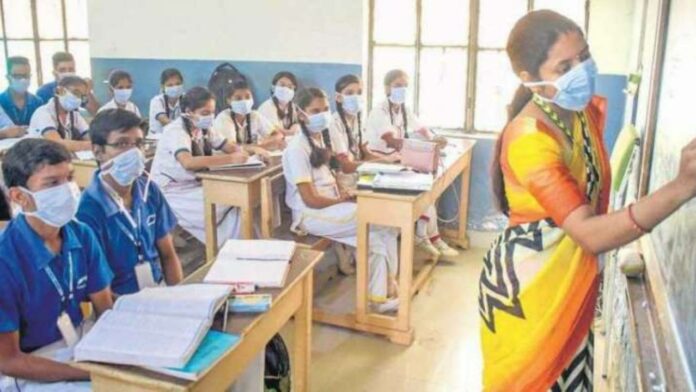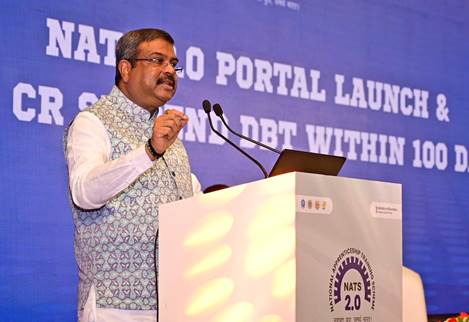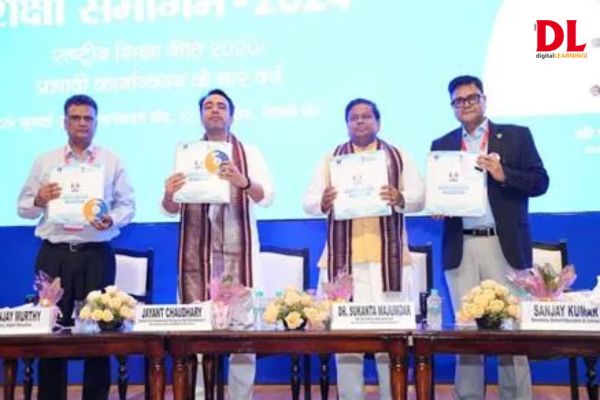In a strategic move to enhance the quality of financial planning education in India, the Indian Institute of Management (IIM) Lucknow has signed a Memorandum of Understanding (MoU) with FPSB India. The agreement, finalised on Monday, marks a significant step towards addressing the growing demand for skilled professionals in the financial planning industry.
The MoU was signed by Prof. Archana Shukla, Director-in-charge of IIM Lucknow, and Krishan Mishra, Chief Executive Officer at FPSB India. This partnership aims to blend rigorous academic training with professional certification, equipping a new generation of financial planners with the skills necessary to meet the evolving needs of the sector.
According to a press release, the collaboration represents a major advancement in enhancing financial planning education and certification processes in the country. The partnership will launch a certification program in Financial Planning for the academic session 2024-25, available to both students and working professionals.
Key Outcomes of the MoU:
Certification Program in Financial Planning: The initiative will introduce a comprehensive certification program designed for aspiring students and professionals, combining academic rigour with practical skills.
Enhanced Financial Planning Education: This joint effort seeks to elevate the standards of financial planning education in India, ensuring that students receive industry-relevant knowledge and training.
Professional Certification Integration: The partnership will integrate IIM Lucknow’s academic excellence with FPSB India’s certification process, offering a pathway to obtaining the globally recognised CFP® certification.
Skilled Workforce Development: The collaboration aims to address the industry gap by preparing a new generation of financial planners equipped to offer holistic financial services.
Global Career Opportunities: The program will empower individuals to pursue rewarding careers not just in India but globally while upholding the highest standards of professionalism and integrity.
Prof. Archana Shukla emphasised the significance of the collaboration, stating that the partnership with FPSB India reflects IIM Lucknow’s commitment to innovation, industry-relevant education, and cooperation for the benefit of students and the industry. “As we work towards a ‘Viksit Bharat,’ it’s crucial that our Finance and Accounting curriculum remains dynamic and relevant, preparing our students to address evolving financial challenges effectively,” Prof. Shukla added.
Also read: IIM Lucknow celebrates its 38th annual convocation with 785 graduates
Krishan Mishra highlighted the importance of early financial planning and advised students to start planning with their first salary while seeking advice from credible sources. “This partnership aims to bridge the skills gap and equip financial planners to offer comprehensive services,” he said.
Prof. Vikas Srivastava, Dean (Programmes) at IIM Lucknow, underscored the necessity of introducing this program, stating that the partnership with FPSB India is a step towards fostering a generation of adept financial planners.
The collaboration between IIM Lucknow and FPSB India is poised to set a new benchmark in financial planning education, paving the way for a skilled workforce ready to meet the demands of the global economic landscape.





























